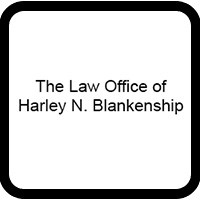Fairdale Criminal Lawyer, Kentucky
Sponsored Law Firm
-
 x
x

Click For More Info:
-
Larry Forman Law, PLLC
138 South Third Street, Suite 209 Louisville, KY 40202» view mapDUI, Car Accident, Criminal Defense Top Rated Kentucky DUI Defense Lawyer
I understand the need to prepare a strong defense and takes every case seriously and personally. I will fight to get you justice. I offer free consultations, contact me today.
800-926-1391
Bryan Hamilton Hayes
✓ VERIFIEDCriminal, Divorce & Family Law
Bryan Hamilton Hayes is a practicing lawyer in the state of Kentucky handling criminal defense and family law cases.
Harley N. Blankenship
✓ VERIFIEDAccident & Injury, Criminal, Divorce & Family Law, Estate, Real Estate
Harley Blankenship is a practicing lawyer in Louisville, KY after being admitted to the Kentucky Bar in 1970. He received his Juris Doctor in 1970 fro... (more)
Larry Forman
Criminal, DUI-DWI, Misdemeanor, Personal Injury
Status: In Good Standing Licensed: 11 Years
Thomas William Fitzgerald
Trusts, Labor Law, Criminal, Elder Law, Estate Planning
Status: In Good Standing
Brendan Joseph McLeod
Litigation, State Appellate Practice, Criminal, Civil Rights
Status: In Good Standing
 Larry Forman Louisville,KY
Larry Forman Louisville,KY About UsLarry Forman
About UsLarry Forman Contact UsCall or Email Now
Contact UsCall or Email Now


